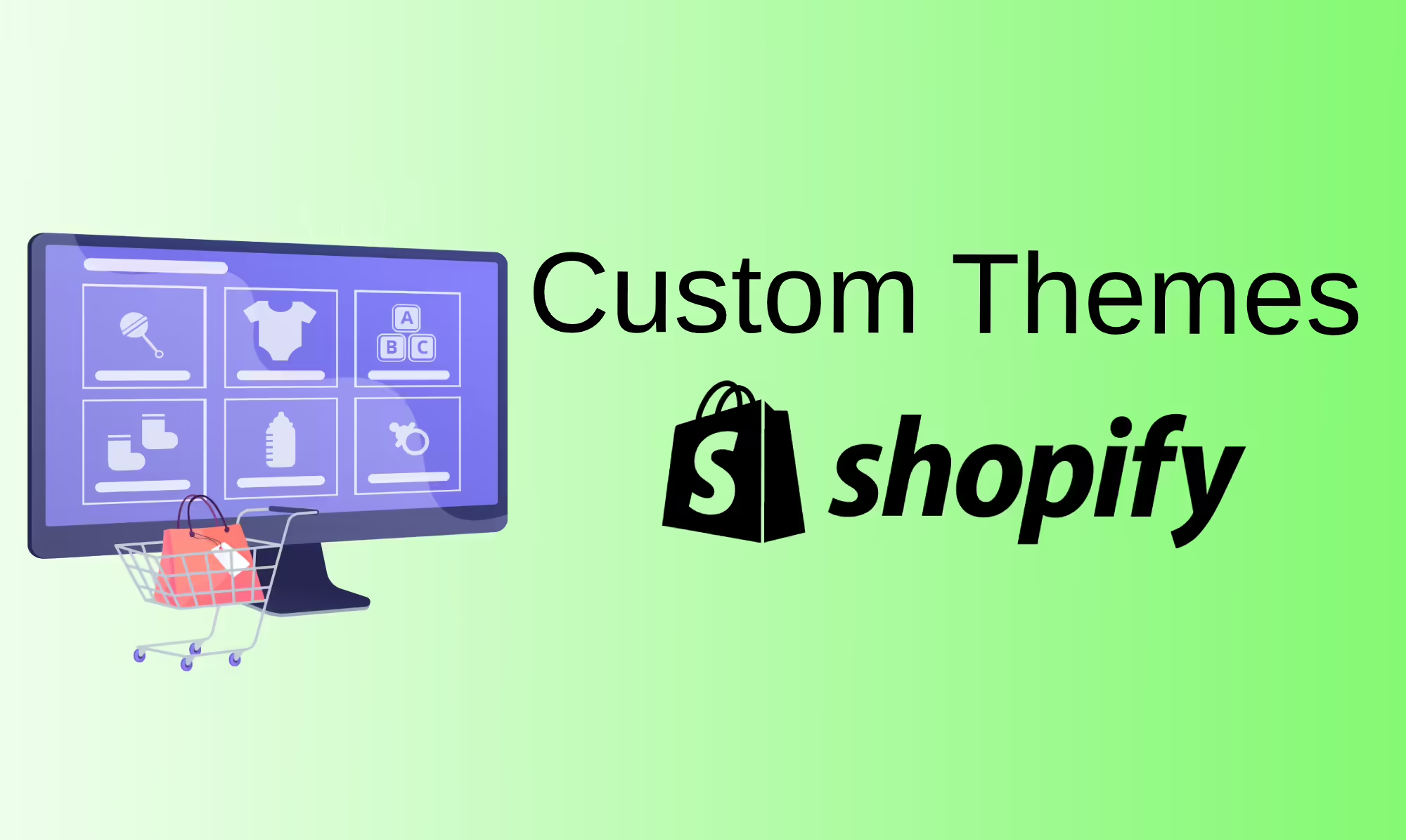
Picking a new e-commerce platform or migrating to an upgraded one is a decision that mandates careful consideration and investment in your business’s future. Your needs and expectations must be fulfilled by the platform you choose, or else your content and services stand to suffer. On the other hand, a holistic platform will integrate seamlessly with your existing system and deliver exceptional commercial outcomes. Here’s how you can choose an eCommerce platform that’s right for your business.
In 2020, global e-retail sales grew 27.6% compared to the previous year.
E-commerce has witnessed a steady rise over the last few years. With the covid-19 pandemic, shoppers are increasingly turning to online shopping platforms. They look for product information, make comparisons, and ultimately buy what they like.
To retain your shoppers and stay competent in the digital world, your e-commerce website needs to be equipped with certain features that make the user experience flawless. These include security, mobile-friendliness, user-friendly interface, SEO-friendliness, scalability, support for shipping, built-in analytics system, integrations and plugins, payment gateways, customer review systems, and more.
This post presents a few crucial considerations for building a robust e-commerce platform for successful business outcomes.
Table of Contents
- What Role Will Your E-Commerce Platform Play in Paving Your Way Forward?
- Can the Platform Keep up with the Changing Market Trends and Customer Expectations?
- Does the Platform Offer Integrations and Plugins Crucial to Your Business?Expectations?
- Can the Platform Support Your Expansion?
- How Does the Platform Ensure Superior Customer Experiences on Multiple E-Stores?
- Does the Platform Allow You to Formulate Business Strategies Based on User Data?
- What Is the Total Cost of Ownership and the Return on Investment?
- Does the Platform Boast of a Supportive Community?
- Conclusion
What Role Will Your E-Commerce Platform Play in Paving Your Way Forward?
Needless to say, all business owners want their ventures to move in only one direction: forward. In keeping with this, your e-commerce platform should help you move in that direction through high levels of functionality in terms of mobile-friendliness, user-friendly interface, SEO-friendliness, shipping support, built-in analytics system, and such.
Most importantly, it should help you see the bigger picture. Some factors to consider here include:
- If you plan to launch your e-commerce venture in phases or all at once.
- Whether your e-store will play only a supportive role in your business or will it be central to it.
- If you plan to stick to a specific region or expand operations worldwide.
Once you have these worked out, you will be able to get straight down to the more intricate and long-term business-specific goals. Accordingly, you should be able to get answers to questions such as expanding or narrowing your product range, enabling optimal inventory management, maintaining the site theme and functionality concerning your marketing initiatives, and more.
Can the Platform Keep up with the Changing Market Trends and Customer Expectations?
Customer demands and expectations change following advancing technology. These changes may catch you off-guard and take place even without warning. The platform you choose should be ready for them and offer a marketplace and additional functionalities that help you keep up. You may want to use a platform to deploy quick site updates and extensions to maximize front and back-end performance. Such a platform will allow you to switch strategies based on shifting purchasing trends and service expectations with negligible IT involvement.
Does the Platform Offer Integrations and Plugins Crucial to Your Business?Expectations?
Most platforms offer many tools, integrations, and plugins to help run your business as flawlessly as possible. Ultimately, your business needs will determine the utility of the plugins on offer. This is why considering the tools you already use or will need shortly makes perfect sense when picking your platform.
When it comes to an e-commerce platform, you may want to look for some unmissable integrated tools such as:
- An inventory management tool that helps you track and update your product inventory levels.
- Email marketing tools that allow you to send alerts and be in touch with customers.
- A customer rewards program tool that helps identify and reward loyal customers.
- Shopping cart plugins and add-ons.
An accounting tool to sort out your sales, revenues, profits, and taxes.
Can the Platform Support Your Expansion?
Business growth can be slow or quick, and no two businesses experience the same degree of growth in a given amount of time. It is, therefore, important to choose a platform that will scale along with your business at its own pace. After all, you don’t want to end up paying for features or storage you may not need. At the same time, you want to be equipped to take on bigger clients and meet ever-increasing demands. Whether you choose to expand within your region/country or go global, your online customers should easily access your e-store easily and securely. Unhindered and safe access to your products and services will result in happy customers and higher conversions from all parts of the world.
How Does the Platform Ensure Superior Customer Experiences on Multiple E-Stores?
Once your business begins to grow, you may launch several branded websites with their own needs to enter new markets and make the most available revenue opportunities. The last thing you want is to spend all your time and effort maintaining multiple websites to lose out on lucrative deals. Hence, you need a platform with multichannel management capabilities and a centralized dashboard that displays all business-critical data in one place without switching between websites while allowing you access to various marketplaces like Amazon and eBay.
Further, gone are the days when the task of delivering outstanding customer experiences ended at the checkout page. To turn your shoppers into loyal customers, you want your platform to provide them with flexible customization options both during and after buying from you. Features such as distributed order management, automated order fulfillment, and centralized logistics ensure quick; accurate deliveries are sure to work in your favor.
Does the Platform Allow You to Formulate Business Strategies Based on User Data?
While it’s great to have customers buy from your store, it is necessary to tap the motivations behind their shopping behavior and decisions to enable repeat purchases. Enter data interpretation and application tools. Your platform should offer business intelligence and insights with robust data analytic functions, so you can analyze customer information, understand their buying behavior, and form your sales and marketing strategies accordingly, thereby converting and retaining more shoppers.
What Is the Total Cost of Ownership and the Return on Investment?
A business’s operational needs determine the cost of setting shop and/or migrating to a new e-commerce platform. Also, the licensing costs can vary depending on the complexity of the platform and the functionalities you need. Further, you will need to continue to invest in the platform even after it is up and running to ensure flawless performance that evolves with increasing customer expectations. To keep the cost of ownership reasonable, several businesses team up with a solutions partner, who helps them grow their operations conscientiously with a set course of action that adheres to their budget.
Does the Platform Boast of a Supportive Community?
A robust e-commerce platform is typically backed by a dynamic community of developers, creators, and admins. These are the people behind creating plugins, add-ons, extensions, and lending professional support that helps the platform grow with its users. A reliable platform will allow you access to developers well-versed in meeting its technical and programming needs. Their community is great for sharing innovative ideas, resolving complex issues, and generally joining forces to enhance the platform’s competencies.
Conclusion
With technology evolving and customer expectations increasing all the time, it is crucial to pick an e-commerce platform that helps your business thrive today and grow further tomorrow. Whether you’re starting on a new platform for the first time or migrating to a better one, the ideal platform will address your unique business needs regarding pricing, performance, and support services. Use the above-mentioned information to analyze every critical aspect of an e-commerce platform and pick the right one while avoiding the common pitfalls.













